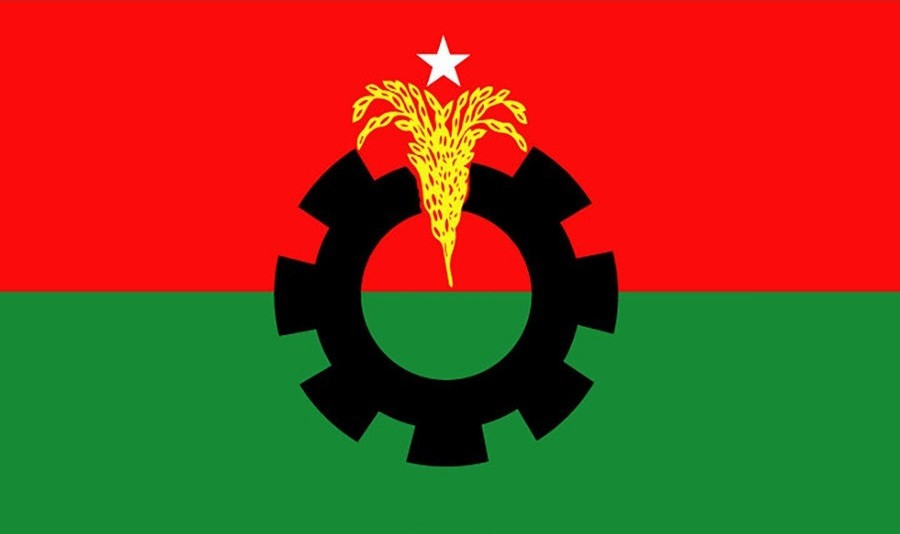
Bangladesh's political scene has been changing fast, driven by changes in public opinion, alliances, and policy approaches. The Bangladesh Nationalist Party (BNP) is among the main opposition in the political field. It has, however, battled to remain relevant and powerful in recent times. A major component of this drop has been its progressively illogical anti-Indian rhetoric.
Established in 1978, the BNP became a nationalist party with considerable support. Leveraging the post-independence patriotic enthusiasm, it tried to position itself as a counterpoint to the Awami League, which was regarded as more secular and pro-India. The party and its leadership in post-1975 period tried to disorganise the Awami League. Many Bangladeshis who were concerned about India's presence in their country connected with this nationalist posture during the time.
In the early 1980s, 1990s and 2000s, the BNP managed to run several times for office. Its leadership was distinguished by an emphasis on infrastructural development and economic liberalisation. However, the party's dependence on anti-Indian rhetoric as a political weapon started to crystallize during these years, usually around sovereignty and national pride.
The fortunes of the BNP started to collapse in the post-2006. Internal party strife, corruption allegation, and a lack of adaptation to shifting political realities were a few of the elements driving this fall. BNP's support base was further undermined when the Awami League emerged with its pragmatic attitude to governmenance and economic growth.
The BNP's political reputation was seriously damaged by its repeated boycotts of parliamentary elections. Many saw this as a refusal to participate in the democratic process, therefore depriving the party of little control over legislative decisions and relegating it to national affairs. The party’s decision to boycott the 12th parliamentary election and its eagerness to come to power relying on foreign friends has pushed them into the blackhole of politics.
Having failed to resist the 12th parliamentary election, the party has been turning more and more to a tactic based mostly on anti-Indian feelings in an attempt to recover its lost power. This strategy seems illogical given the geopolitical and economic reality.
India is the main neighbour of Bangladesh and a major regional force; hence it is very important for the security and economic scene of the nation. The policies of the Awami League have concentrated on building close bilateral relations with India. These partnerships have helped to support its remarkable stability and economic success.Still, the anti-India rhetoric of the BNP seems to overlook these advantages. The party's stance sometimes seems to be fear-mongering rather than offering a positive substitute or debating policies. This approach is especially clear in its rejection of several bilateral agreements and initiatives. The party has often expressed concerns about India's objectives, implying that these kinds of alliances endanger Bangladesh's sovereignty.
The credibility of the BNP has suffered various negative consequences from this illogical attitude. First of all, it alienates a large section of the voters who see India as a crucial friend of Bangladesh's stability. Particularly the younger generation of Bangladeshis, many of them are more focused on economic possibilities and growth than on past complaints. The BNP seems out of touch with modern ambitions as it cannot get beyond its conventional anti-Indian story.
Second, the party's position has weakened its ties with possible foreign friends. Adversarial and isolative strategies are rarely successful in a world getting more linked by the day. The BNP runs the danger of offending not just India but also other nations that view India as a key ally in the region by orienting itself against India.
The BNP must change significantly strategically if it is to become relevant once more. This entails shifting away from an over-reliance on anti-Indian rhetoric and instead emphasising sensible policy recommendations addressing the actual problems confronting Bangladesh. The party should give priority to developing thorough economic plans with promises of job creation, poverty reduction, and environmentally friendly growth. Emphasising cooperation over conflict, this approach might include forces including India in mutually beneficial initiatives. Public confidence may be rebuilt by proving a dedication to openness and responsibility. With an eye on social welfare, healthcare, and education to meet public needs.
The voters would relate to this strategy more than to patriotic language. Accepting regional cooperation—particularly with India—to address common issues including economic uncertainty, climate change, and terrorism. This sensible strategy can improve Bangladesh's worldwide reputation. The party should interact with the younger generation, who make up around half of the voters. This entails attending to their worries regarding modern government, education, and jobs.
Apart from being useless, the present political approach of the BNP, which reflects an illogical anti-India posture, is awkward. Clinging to antiquated nationalistic rhetoric would only accelerate the party's fall in a fast-changing world when economic development and international collaboration are top priorities. Adopting a forward-looking attitude that tackles the actual issues of the Bangladeshi people would help the BNP bring their footing back. It can only expect to take back its major influence in Bangladesh's political scene only then.
______________________________________
The writer is a Professor, Department of Public Administration, Rajshahi University

